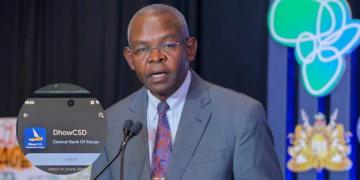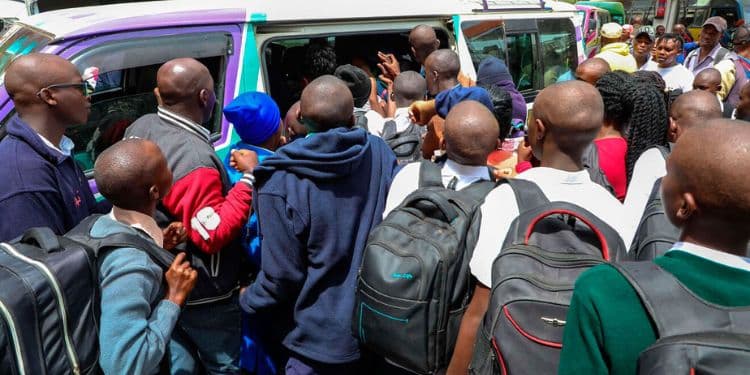The Kenya Union of Post Primary Education Teachers (KUPPET) has warned that barring schools from charging levies could lead to the closure of schools.
According to the Kenya Union of Post Primary Education Teachers (KUPPET) Deputy Secretary-General Moses Nthurima, teachers and school heads are often left with no choice but to charge extra levies.
Speaking in an interview on Citizen TV, Nthurima explained that the government has consistently delayed capitation funds, leaving schools struggling to provide even the most basic services such as food, water, electricity, and teaching materials.
Previously, Section 29 of the Basic Education Act allowed schools to charge fees, as long as they received approval from the Cabinet Secretary for Education.
“Of course, they seek authorization from the Minister of Education. There are a few schools that may want to go their own way, but I think the legal way is, founded under section 29.
“So teachers cannot run school without levying fees because they are often they are delayed in the government in submission of capitation. Sometimes you find that the pending bills for education are a huge sum of money. That has not been limited to the learners,” he said.
Also Read: Govt Makes U-Turn on Parents Paying KCSE Exam Fees
KUPPET Explains Why Parents Must Pay Fees
Further, Nthurima explained that many schools, especially boarding institutions, depend on parental contributions to cover operational costs.
The current government funding, he argued, is not enough to keep schools running smoothly.
“The cost of food has risen. Electricity bills are piling up. Water and sanitation services have to be paid for. Yet the government delays capitation and provides no alternative,” he added.
Additionally, the KUPPET official took issue with the government’s silence following the High Court ruling, calling on Education CS Ezekiel Machogu to provide immediate clarification.
He warned that principals are now unsure of whether to demand school fees or wait for capitation.
“The Ministry must give schools written guidance. Right now, principals are being vilified for asking parents to contribute, but without that money, schools can’t function,
“Under the law, the government is, supposed to provide, free free and compulsory basic education. And the CS is supposed to provide free and compulsory basic education. But do they do that? So that is where we start,” he added.
Also Read: Two Forms of Mathematics Senior School Students Will Take
What the Court Said and Why it is Political
At the same time, Nthurima said that everything boils down to political goodwill and urged politicians to push for investments in education instead of focusing on campaigns.
“I think, our priorities are elsewhere because when a government is elected, they immediately start campaigning. The priorities of this government is in raising money for empowerment of people at the grass root. So in that process, the education will suffer irreparably.”
“We must remember that, countries have invested in education and, investing in the future of our children is where, the stability of the nation lies,” he noted.
Justice Lawrence Mugambi ruled that any extra or additional levies must not be implemented in a way that destabilizes or violates a child’s right to free and compulsory education.
The judge made the ruling in a case filed by a parent of St George’s Girls’ secondary school, whose daughter was sent away over the failure to clear the levies.
Follow our WhatsApp Channel and X Account for real-time news updates.
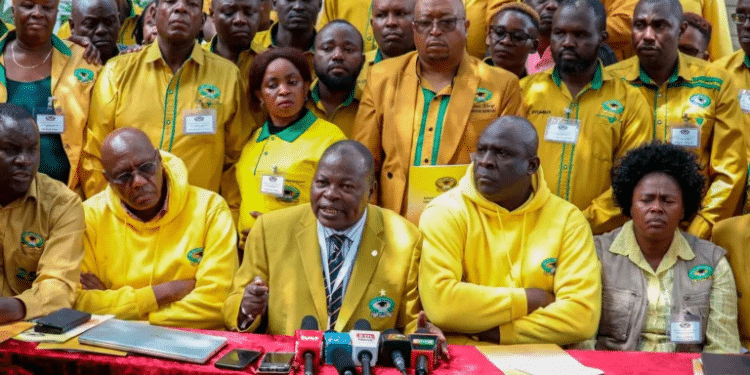

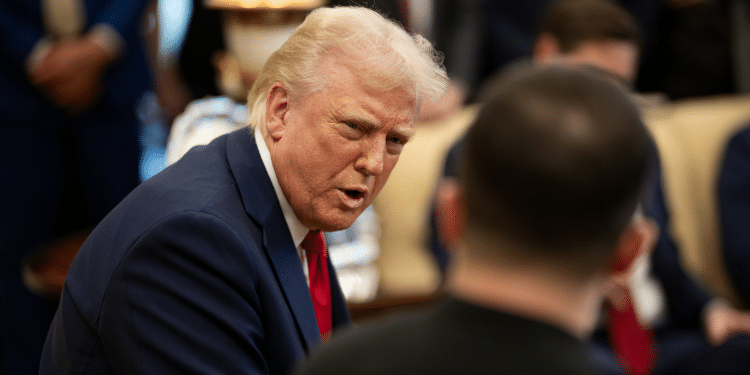

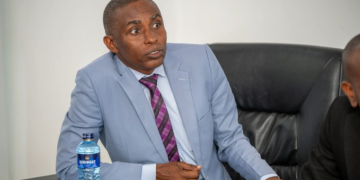

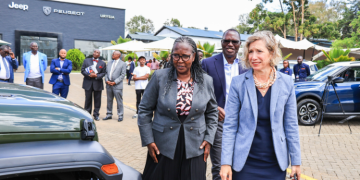

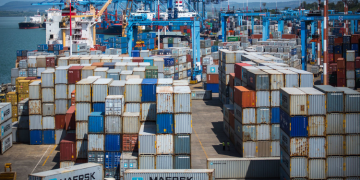
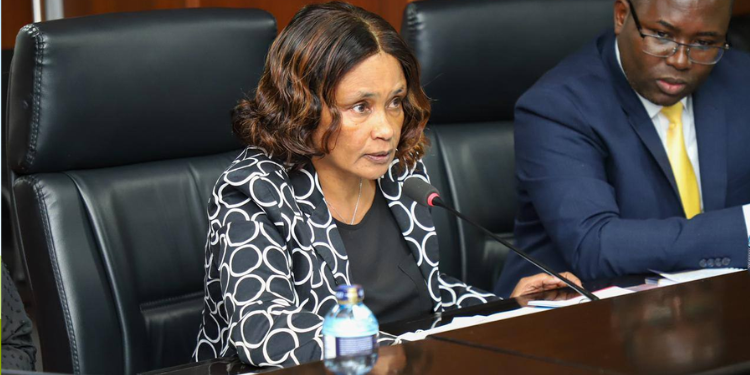
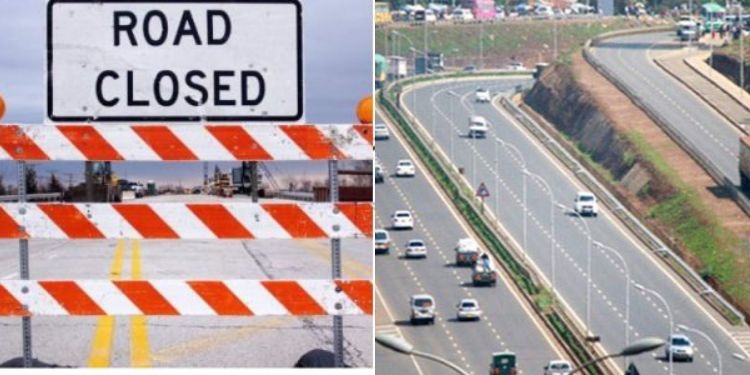








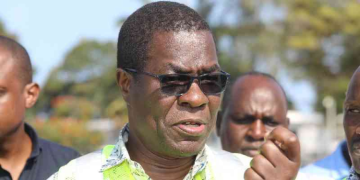

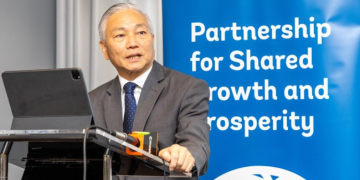

![Billions Each Top Kenyan Bank Has Made So Far In Profits This Year [List] Q3 2025 Results For Equity, Kcb, Co-Op, Absa And Other Banks]( https://thekenyatimescdn-ese7d3e7ghdnbfa9.z01.azurefd.net/prodimages/uploads/2025/11/C0-OP-KCB-Equity-Absa-360x180.png)
